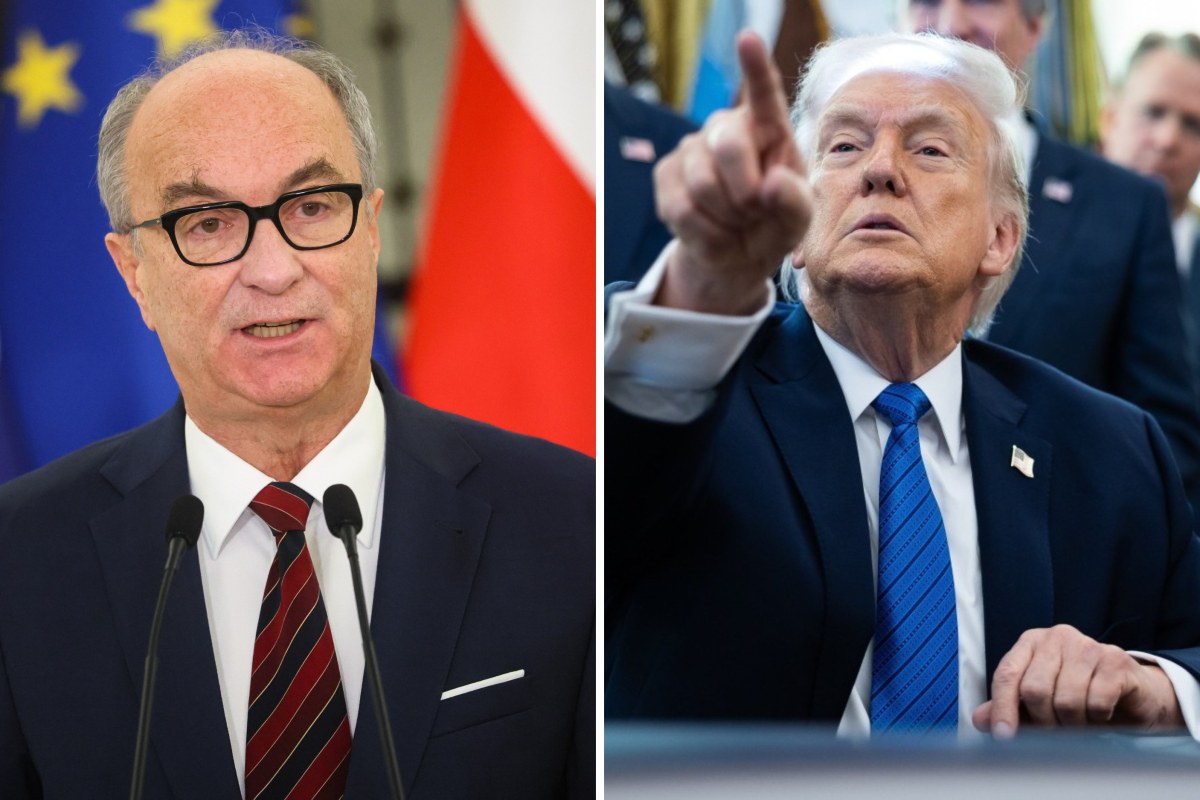François Bayrou faces a brutal parliamentary showdown as French deputies prepare to oust him in a confidence vote he is almost certainly set to lose. The centrist Prime Minister confronts widespread opposition after just nine months in power, with current polling data pointing to a strong likelihood of defeat.
The confidence motion represents a critical juncture for President Emmanuel Macron's administration. Should Bayrou fall, analysts suggest the French leader would need to appoint yet another Prime Minister to lead a fractured parliament.
Fiscal measures spark resistance
Bayrou's government has triggered fierce parliamentary resistance through its proposed fiscal measures, particularly plans to slash public expenditure by €44 billion in 2026. The Premier's suggestion to scrap two public holidays has proved especially unpopular, providing ammunition for political opponents across the spectrum.
According to Channel4, the underlying problem stems from France's critical debt situation, with national debt reaching approximately 114 per cent of GDP. The country hasn't balanced its budget for 51 years, consistently spending more than its annual resources.
Pattern of political instability
The expected defeat would make Bayrou the third Prime Minister to fall in one year under Macron's presidency. This governmental churn has exposed fundamental challenges facing the administration, with France's parliament becoming increasingly difficult to govern.
The i reports that specific vote counts suggest 364 deputies could vote against the government, with only 194 backing Bayrou. Such numbers would represent a devastating rejection of his leadership and proposed reforms.
Economic pressures mount
France's political chaos has triggered serious market concerns about the country's fiscal position. The i reports France's borrowing costs have risen above those of Greece, representing a dramatic shift for what was once considered a stable eurozone economy.
Macron appears unlikely to call fresh parliamentary elections, leaving him with limited options for forming a stable government. France remains under the EU's Excessive Deficit Procedure, adding external pressure to resolve the mounting fiscal crisis.
Sources used: "Channel4", "The i", "GBNews" Note: This article has been edited with the help of Artificial Intelligence.













